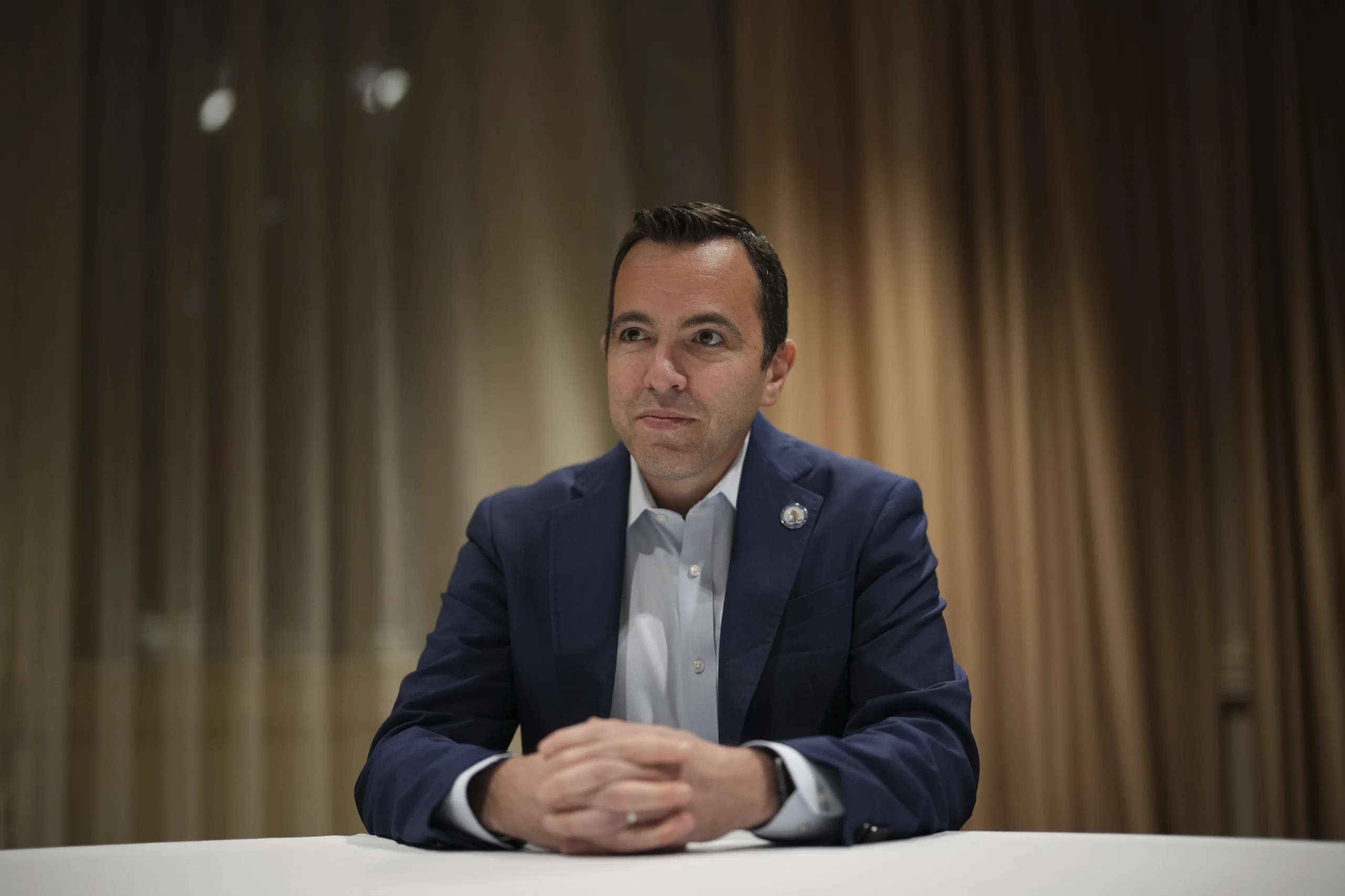Authors
Share
Background
Environmental justice recognizes that historically marginalized communities often bear a disproportionate burden of pollution, environmental degradation, and hazardous facilities, and aims to rectify these disparities and promote fairness and equity in environmental decision-making. According to the Environmental Protection Agency (EPA), “[e]nvironmental justice is the fair treatment and meaningful involvement of all people regardless of race, color, national origin, or income with respect to the development, implementation and enforcement of environmental laws, regulations and policies…[t]he EPA views fair treatment as meaning no group of people should bear a disproportionate share of the negative environmental consequences resulting from industrial, governmental and commercial operations or policies.” Environmental justice is an important component to climate and environmental protection efforts and should be factored into policy decisions and legislative efforts since those actions often impact the day to day livelihoods of people that are already overburdened by environmental hazards, but are historically underrepresented in decision-making.
Recently, environmental justice focused programs and initiatives have become subject to risk of legal challenges. In the June 2023 Supreme Court decision Students for Fair Admissions Inc. v. President & Fellows of Harvard College, the Court established a very high standard for when race can be considered in certain policies. While the court did not specifically address environmental justice policies, the justices signaled they would take a similar viewpoint to efforts that consider race. This novel legal landscape requires attorneys general and environmental protection advocates to ensure that environmental justice policies are narrowly crafted in order to be effective within this stricter legal framework. Additionally, this recent ruling may mean environmental protection agencies will need allies to defend their work as agency actions will be scrutinized by challengers emboldened by the recent affirmative action lawsuits.
Role of States Attorneys General
State attorneys general play a vital role in advocating for historically marginalized communities and have a diverse range of authorities that they are able to utilize in order to prioritize environmental justice, including litigation, regulatory enforcement, and advocacy efforts. By prioritizing environmental justice, state attorneys general have brought litigation to hold polluters accountable, coordinated on joint efforts to defend environmental protection agencies through legal actions like amicus briefs, and have established sections within their offices in order to have designated resources focused on environmental justice principles.
Examples of State Attorneys General Actions
Below are several examples of how attorneys general have used their authority to promote environmental justice through their work:
- In 2020, New York Attorney General Letitia James led a coalition of 16 attorneys general in filing a lawsuit against the Trump administration’s rollback of the National Environmental Policy Act (NEPA). The lawsuit aimed to challenge the weakening of NEPA’s requirements, which would disproportionately negatively impact low-income communities and communities of color since it would give the public significantly less opportunities to voice concerns about the environmental hazards associated with federally funded infrastructure projects.
- In 2018, former California Attorney General Xavier Becerra established the Bureau of Environmental Justice within the California Department of Justice to address environmental disparities faced by disadvantaged communities. The bureau focuses on enforcing environmental laws and regulations, preventing pollution, and providing resources to affected communities. The Bureau utilizes several tools to advance environmental justice including enforcement of the California Environmental Quality Act, submitting comment letters on environmental justice impacts on state infrastructure projects, and legislative and regulatory advocacy.
- In 2023, Massachusetts Attorney General Andrea Campbell led a coalition of eight attorneys general in calling on the EPA to ensure that the benefits of EPA’s Environmental and Climate Justice Block Grant Program reach underserved communities as intended under the historic Inflation Reduction Act. Through a comment letter submitted to the EPA, the coalition urged the EPA to provide clear standards and definitions; implement equity and value community in grant scoring procedures; and prioritize the funding and allocation of resources directly to community-based organizations.
The Leadership Center for Attorney General Studies is a non-partisan organization dedicated to educating the public about the important role state attorneys general play in addressing pressing issues, enforcing laws, and bringing about change.


